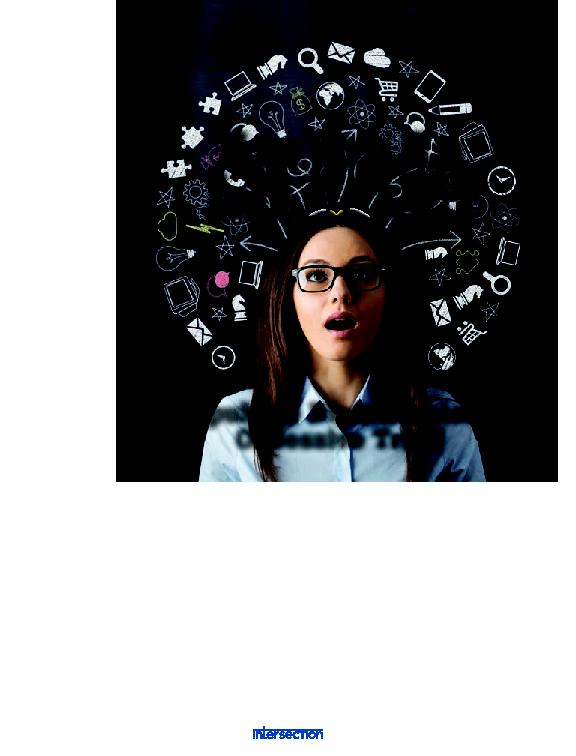
I
n an age of acronyms for just about ev-
erything, we now have "I.D.I.O.T." That
stands for a condition that has become
pandemic.
"Impulsive Digital Isolation
Obsessive Trait"
consumes a vast majority of
society. Facebook, Twitter, Instagram and a
host of other social media platforms all vie for
our attention, at the cost of our relationships.
Don't believe me?
Look around the restaurant the
next time you go out to eat; notice how many people are
looking down at their smartphones?
One British study found that children and teens that
spend three hours or more on social media on a school
night are twice as likely to suffer depression, anxiety and
other mental health problems.
And as University of Chicago
researchers found, "social network-
ing can be more addictive than
nicotine and alcohol."
Of course, it's not all bad
news.
People can fi nd a sense of
belonging on various social net-
works. For instance, Pinterest allows
you to fi nd a host of strangers who
share the same interests as you.
When a Facebook friend likes
your post, it makes you feel good
about yourself. A shot of dopamine--
a chemical linked to mood, which
W W W . S A I N T E R S E C T I O N . O R G
2
� J A N U A R Y 2 O 1 6
Are You An
I
.
D
.
I
.
O
.
T
.
?
(Impulsive Digital Isolation
Obsessive Trait)
